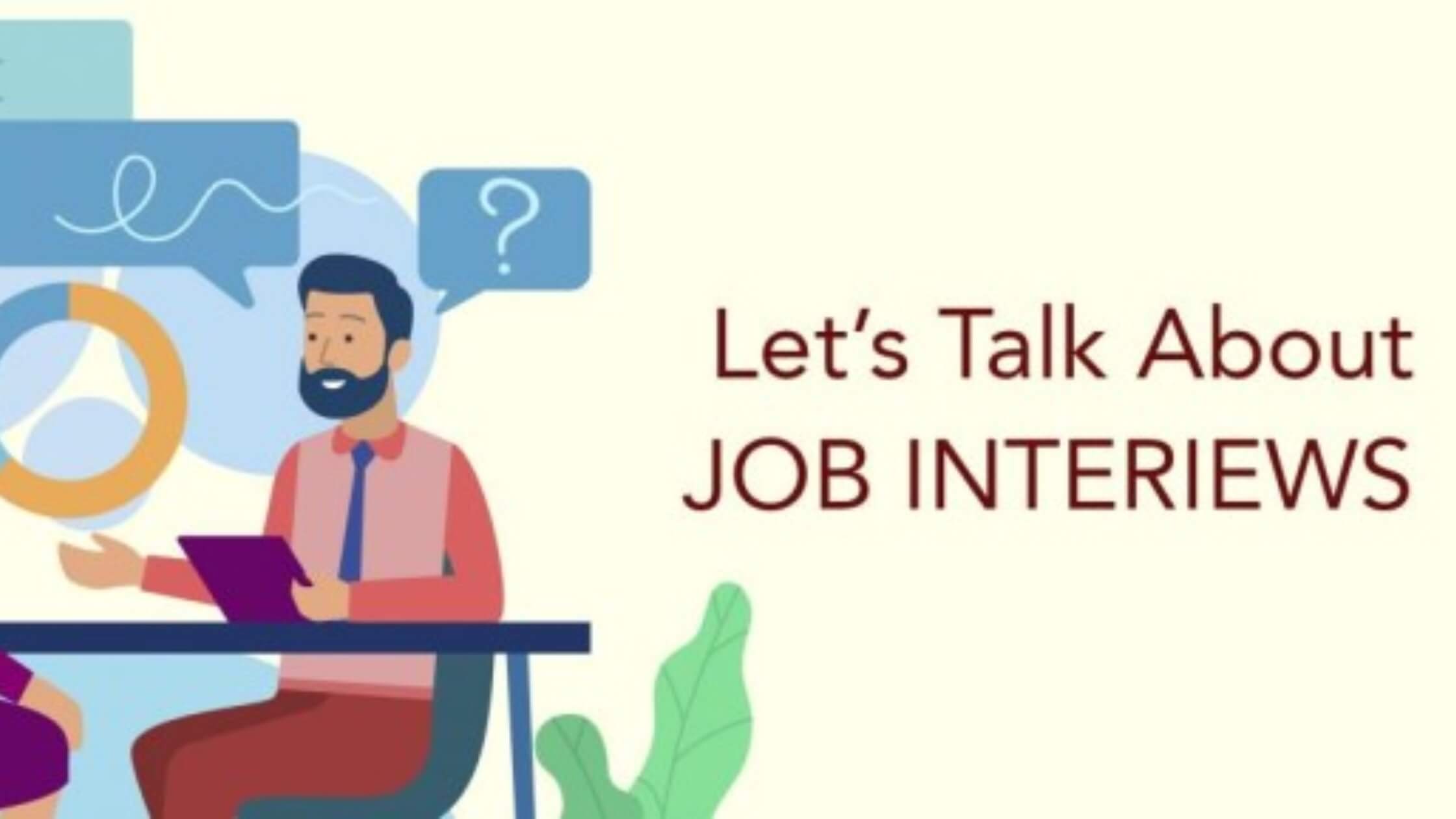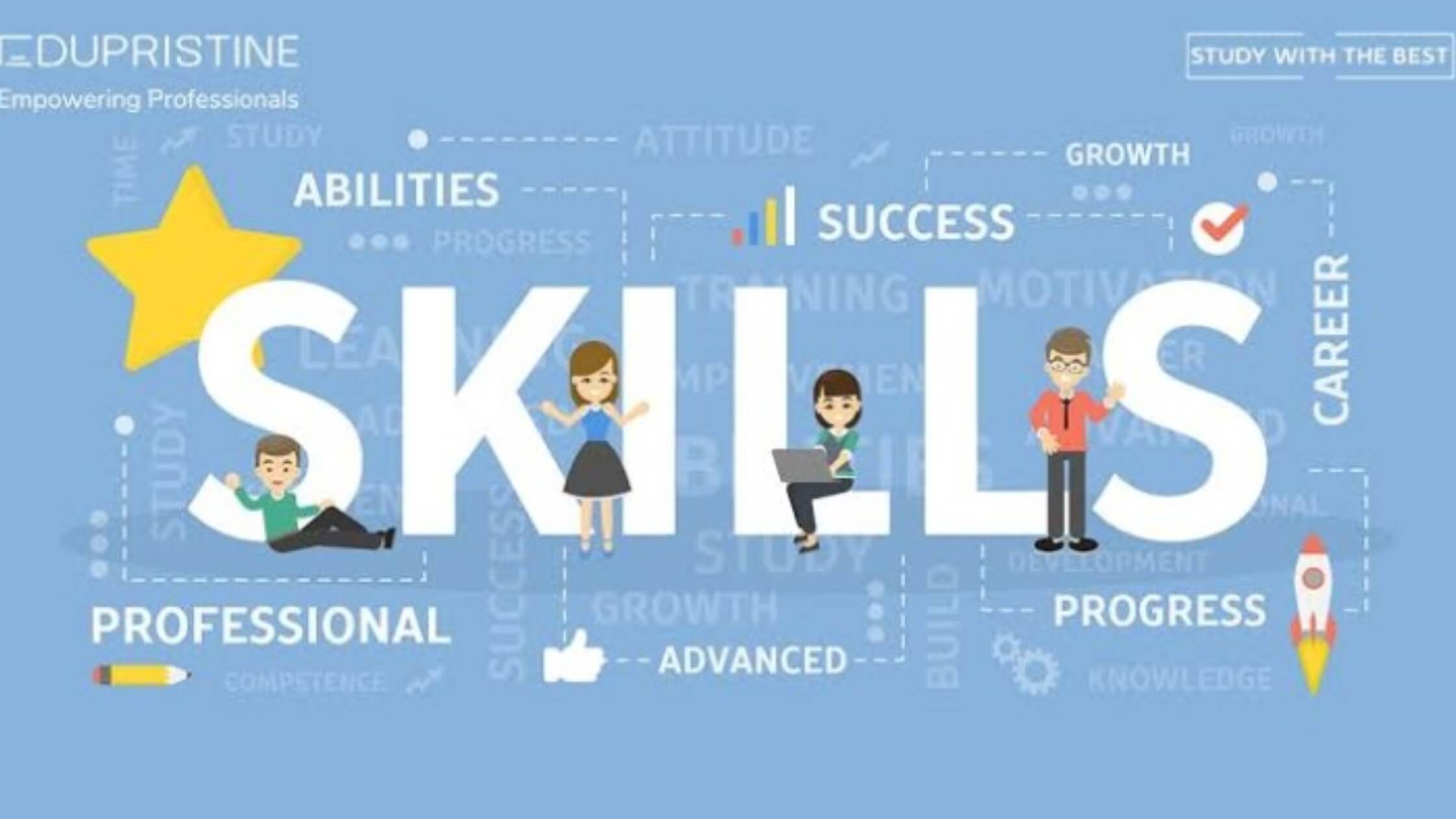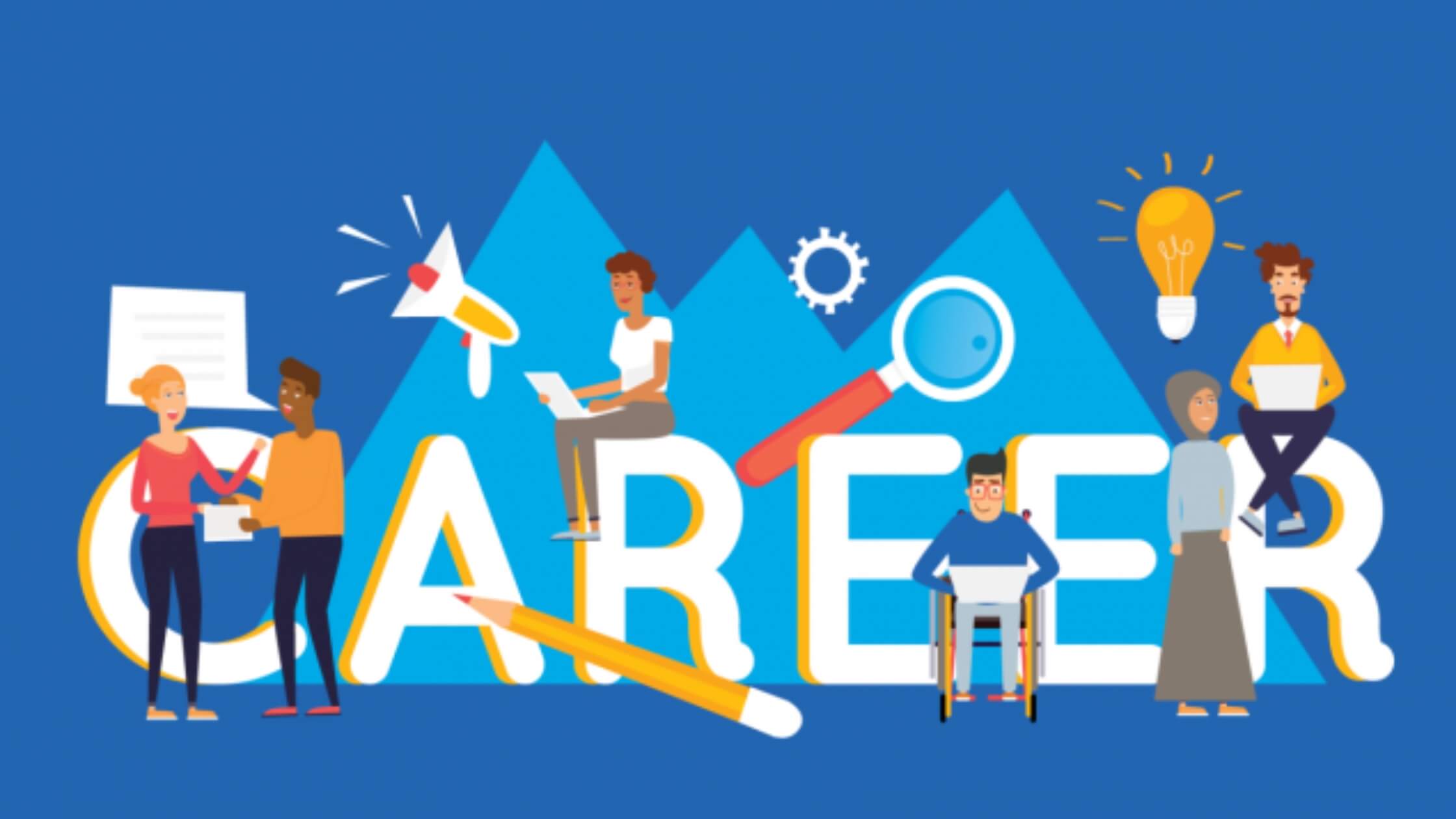What is result-driven company research? It’s an in-depth fact-finding exercise that uncovers information about an organisation that demonstrates their productivity, current, and future objectives. When an interviewer asks you what do you know about the company? Don’t bore them with the obvious, like who their CEO is, what they are into, and their local or global presence. Use the results of your exercise to demonstrate your ability to capture information that not only showcases the level of your research skills but your ability to use your findings as intellectual conversation starters, probative questioning on the role or organisation as a whole; it can even open the door for unconventional opportunities that may not have risen under normal circumstances.
More importantly, result-driven company research also prepares you for career leveraging and negotiation. Understanding an organisation in so much depth allows you to uncover blind spots in their business model, identify potential opportunities, and devise a strategy based on your expertise to fill in that void. With this formula you can upsell your skills to create a need that they may not even know existed and increase their budget to accommodate the value they are convinced you’d add to their organisation.
Relatable experience referencing is a strategy that solidifies your experience to the interviewer. In many interviews, there will always be a question that asks you to talk about a time where you have demonstrated a particular skill, or project. There will also be a question that will focus on your deposition as a professional. Usually asking, “what are your strengths or what are your weaknesses?” Whatever the case may be, to answer the question successfully, you would either use a S.T.A.R or a S.W.O.T driven response.
S.T.A.R is an acronym for Situation, Task, Achievement, and Result.
This is the perfect methodology to use when answering questions that ask you to demonstrate your expertise to an interviewer.
Situation The situation gives you room to create the scene or the environment. This should also show the interviewer the size of organisation, team, or external client you were liaising with if this is applicable.
Task – The task should detail what exactly was the responsibility that you were given to handle and its importance to your role and the organisation as a whole. The action then allows you to walk the interviewer step by step on what you did? How, you did it (the methodology), and most importantly, why? Why was it important for you to complete this task? Based on the situation, task, and action; what was the result?
Achievement – Achievements are very crucial because it demonstrates your proven level of expertise. By completing the task, how was your success measured? This doesn’t necessarily have to be a company-driven performance benchmark, it can also be an achievement that has pushed your technical boundaries. Remember what may not be relevant to one organisation may be absolutely crucial to another, all achievements are valid be in personal or professional. So ensure you provide a holistic view of all your wins.
Result – This is similar to achievements but it is more focused on the “impact”. Based on your achievement, how did it affect the business? by implementing the action, was the result monetarily or operationally efficient? The outcome will be one or the other, or even both.
When discussing your attributes as a professional to an interviewer, the best way to be critical of yourself is to use a S.W.O.T analysis. S.W.O.T is an acronym for Strength, Weakness, Opportunity, and Threat. What are your key strengths? These should describe the attributes you have that are sustainable. Being enthusiastic, hardworking, is not a trait that you demonstrate every day, all day, and all the time. Mention attributes that assist you in achieving your deliverables effectively, such as diligence, analytical, resilience, etc.
When asked about your weaknesses, focus on those that do not confirm your inability to perform, but focus on personable weaknesses that can be improved on. For example, taking too long to complete a task can be seen as a weakness, but it can also be argued that it is because you want to ensure it is the best that it can be.
You can counter this in the same breath by then saying you have now learnt to prioritise and create time to work on those tasks that take the longest in a way that it will not affect your deliverables.
Another weakness can be you can be very passionate about your work and that can be interpreted as being over-zealous. However, you have learned to manage your emotions and work together with people in a collaborative and inclusive environment to achieve a common corporate objective.
Opportunity in this context is describing to an interviewer how you, as a professional, identify opportunities for either career growth or organisational growth. From a career growth perspective, discuss the initiatives you have to educate yourself to ensure you are a better version of yourself to thrive within your area of expertise.
From an organisational growth perspective, discuss times where you have seen and taken advantage of opportunities that have positively affected the organisation in terms of revenue generation or operational efficiency; this also includes recommendations made, business to business or business to consumer promotion.
Threat in terms of selling yourself in an interview, is to demonstrate that you understand their organisation, the issues they face surrounding their recruitment for the role you are interviewing for, and how your expertise can be a threat to the competitors. This not only shows thorough research ability, but it also shows that you understand the integral role business intelligence plays in the success of organisational growth and sustainability.
With resources being at an all-time low, organisations are being very strategic about their expenditure to ensure that their resources are spent to generate revenue and sustain their business continuity. What this means for you is that you have to ensure you are an “off the shelf” product by engaging in personal and professional development programmes that keep you relevant in the market.
Organisations do not have the time to train you on more than their on-boarding and corporate culture. Everything else is reliant on the expertise you bring to make the organisation a success. So, leverage on your professional growth with your understanding of the commercial market and business intelligence to ensure you differentiate yourself in a market where talented professionals are many and opportunities are few.



